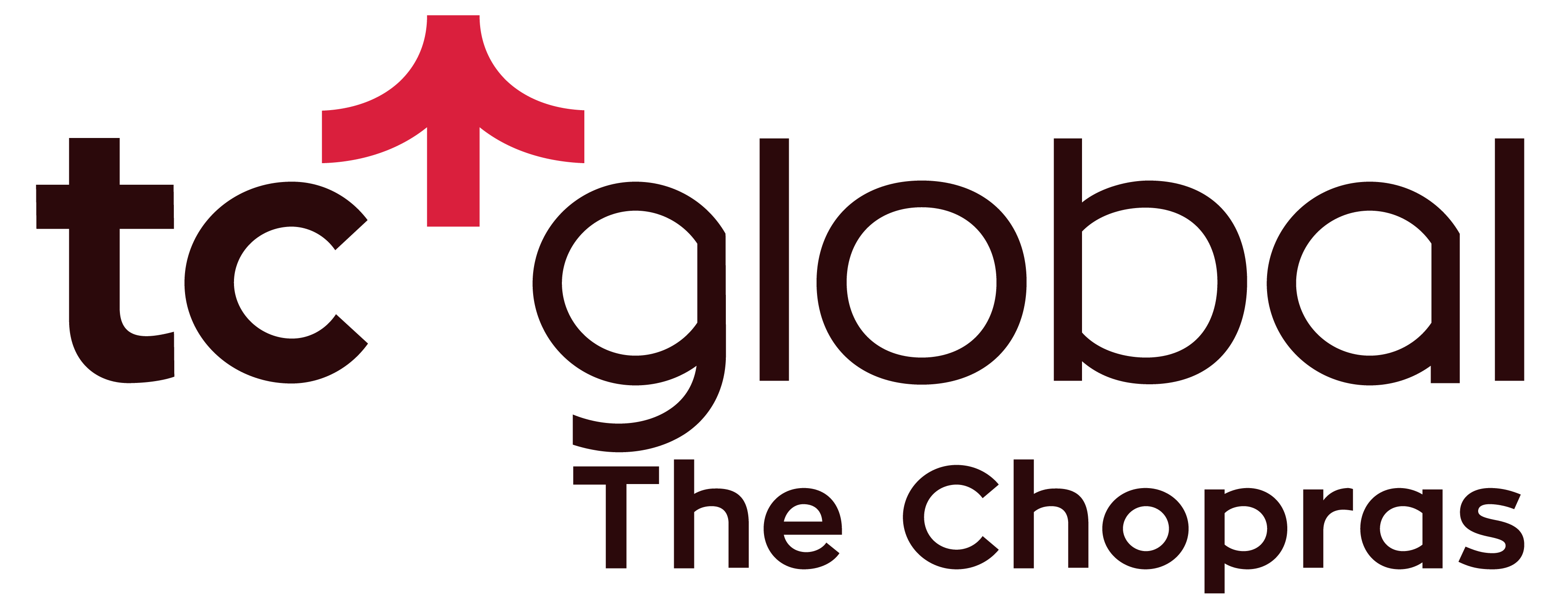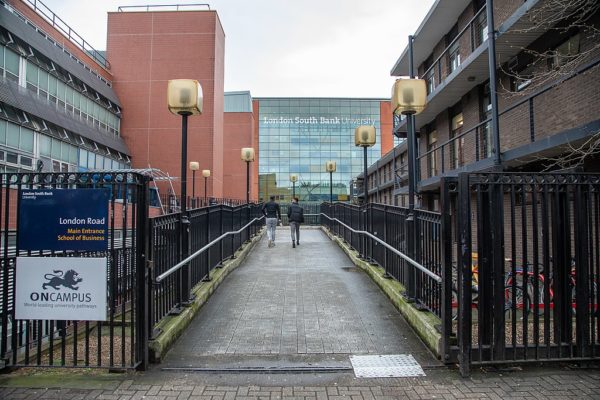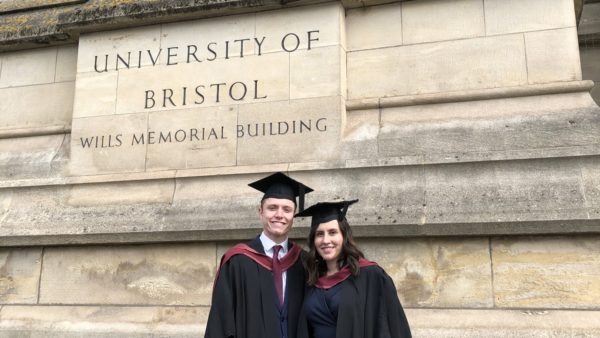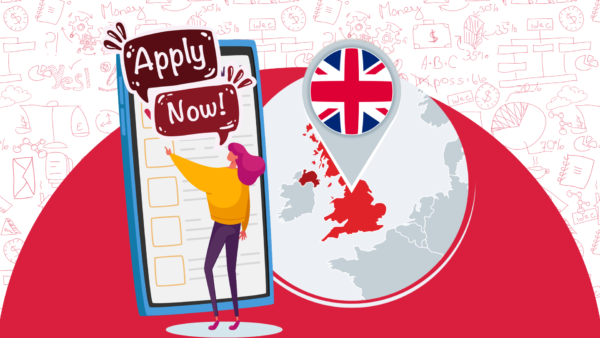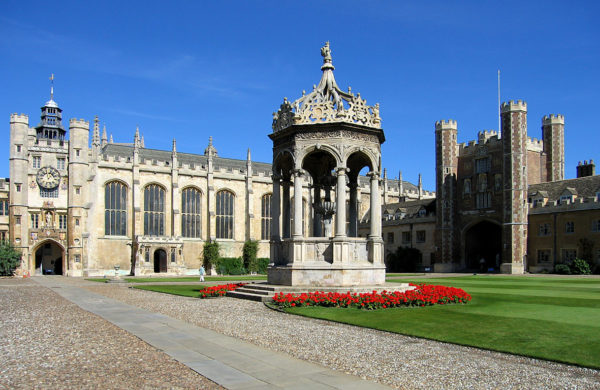
Source: Wikipedia
Besides the universities listed above, it is important to note that several other institutions like Northumbria University, Portsmouth University, University of Greenwich, Birmingham City University, University of Plymouth, University of Central Lancashire and others also accept applications without IELTS scores. Here are three ways you can study in the UK without IELTS:
- Alternatives to IELTS: For many candidates from India, applying to universities in the UK without having to take an IELTS test is possible. The majority of institutions in the UK accept CBSE or CISCE English at 70-80% or above in lieu of an IELTS test.
- Alternative Language Tests: Alternative language tests such as the Test of English as a Foreign Language (TOEFL), the PTE Academic, and the Cambridge English Advanced (CAE) may also be accepted by some UK universities in lieu of an IELTS score, so it is always worth checking with the university you are applying to before beginning your application.
- Medium of Instruction Letter: Most institutions require an MOI (medium of instruction) letter from your school or college confirming that English is the language of tuition at your institution.
Planning your application
Beyond English language requirements, universities typically have a minimum required grade in your final examinations, such as the Indian School Certificate (ISC), Central Board of Secondary Education (CBSE) or Council for the Indian School Certificate Examination (CISCE). The entry requirements can vary from university to university depending on the level and type of degree you are applying for.
For undergraduate degree applications, these may also include an essay, internships or work experiences, personal statements, and/or references. For postgraduate applicants, these may also include a research proposal, academic transcripts, and/or publications. It is important to ensure that you meet all of the university’s entry requirements before making your application.
In addition to meeting the entry requirements for your chosen programme, it may also be beneficial to demonstrate your commitment to the subject by participating in relevant clubs and activities or taking part in internships or volunteering. Taking such steps can help to strengthen your application and show that you are an enthusiastic and committed candidate.
Other Options
Here are two other options that will let you study in the UK without IELTS:
- Foundation Programs– The universities offer these programs to international students to prepare them for their degree programs. Although these programs are similar to pre-sessional courses, they additionally include academic coursework in the chosen field of study.
- Work experience– There are a few universities that can forgo IELTS requirements if you have worked in an English-speaking country for a significant period of time and can prove your command over the English language through your work experience.
The following are the required documents to study in the United Kingdom without IELTS.
- Secondary School Certificate (SSC) mark sheet
- Higher Secondary Certificate (HSC) mark sheet
- Bachelor’s mark sheet (of each semester), provisional certificate, and consolidated marks memo (only required if you are applying for postgraduate or PhD programs)
- Original degree certificate if it’s been more than 2 years since you completed your last bachelor’s (not applicable for individuals applying for undergraduate programs)
- Medium of Instruction (MOI) letter based on your English scores in senior year
- Passport
- 2 Letters of Recommendation (should not be more than a month old at the time of application)
- Resume
- Statement of Purpose
- Work experience letter (if any)
- Offer letter
Once you have received your acceptance letter from a university in the UK, you should start applying for your visa via the Home Office website. While you are making the application, make sure that you are applying for the right type of visa, which is the student visa. After filling out the application, pay the Immigration Health Surcharge (IHS) and application fees. Then, you are required to make an appointment at the nearest VFS to provide biometrics and submit the application along with the necessary supporting documents. Depending on the type of service used during the time of application, it will take around 2-15 working days to get a decision on the visa. Generally, for standard applications, it will take around 15 days. On the other hand, while it takes 5 days for a priority application, super-priority applications require only 1-2 days.
These are the requirements for a UK study visa without IELTS:
- Academic documents
- Passport
- Experience letters (if any)- should include offer letter, current working letter (if you are) and payslips from the last 3 months
- Academic Technology Approval Scheme (ATAS) certificate (only if applicable)
- Confirmation of Acceptance for Studies (CAS) letter
- Financial documents- bank balance certificate together with bank statement for last 3 months, loan approval letter, and fixed deposit certificate (if any)
- Medical certificate (should be taken from a clinic approved by UKVI)
- Affidavit of Sponsorship from parents if your study funds are held in their account
